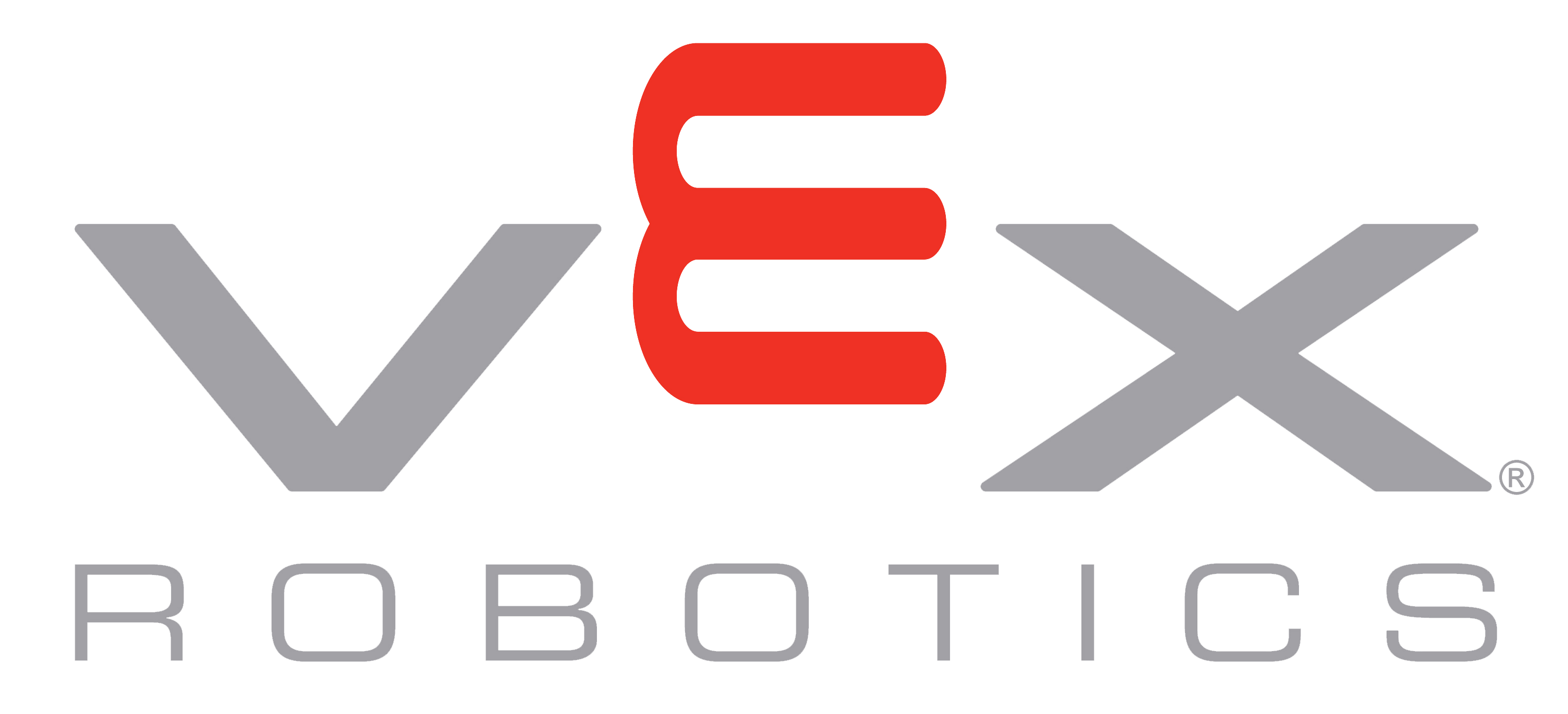What is STEM Education
STEM Education is an approach focusing on Science, Technology, Engineering, and Mathematics
The foundation of innovation lies in a dynamic, motivated and well-educated workforce equipped with Science, Technology, Engineering, and Mathematics (STEM) skills. However, the nature of our workforce and the needs of our industries have changed over time.
Today, an understanding of scientific and mathematical principles, a working knowledge of computer hardware and software, and the problem-solving skills developed by courses in STEM are necessary for most jobs. STEM education is an enormous undertaking that needs all our commitment and involvement.
STEM Education is responsible for providing our country with three kinds of intellectual capital:
Scientists and engineers who will continue the research and development that is central to the economic growth of our country
Scientists and engineers who will continue the research and development that is central to the economic growth of our country
Scientifically literate voters & citizens who make intelligent decisions about public policy and understand the world around them
